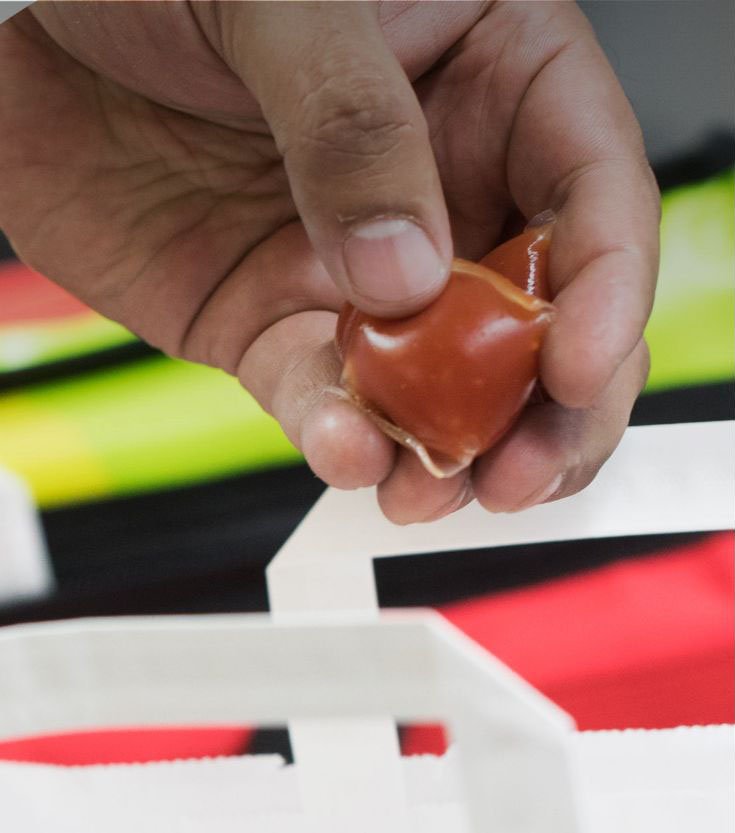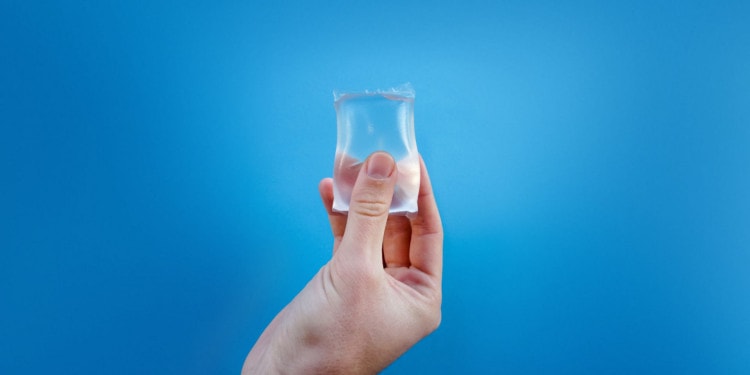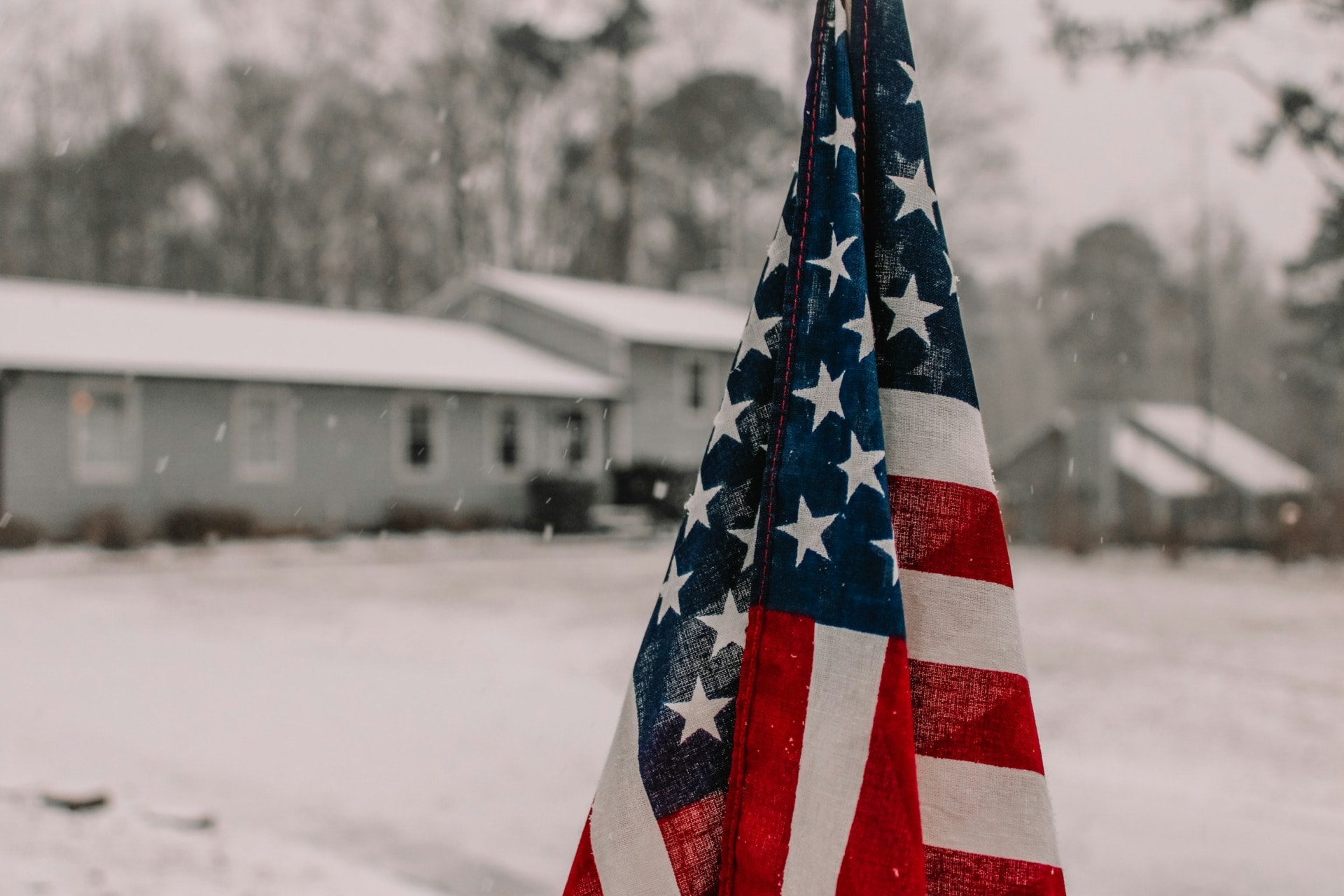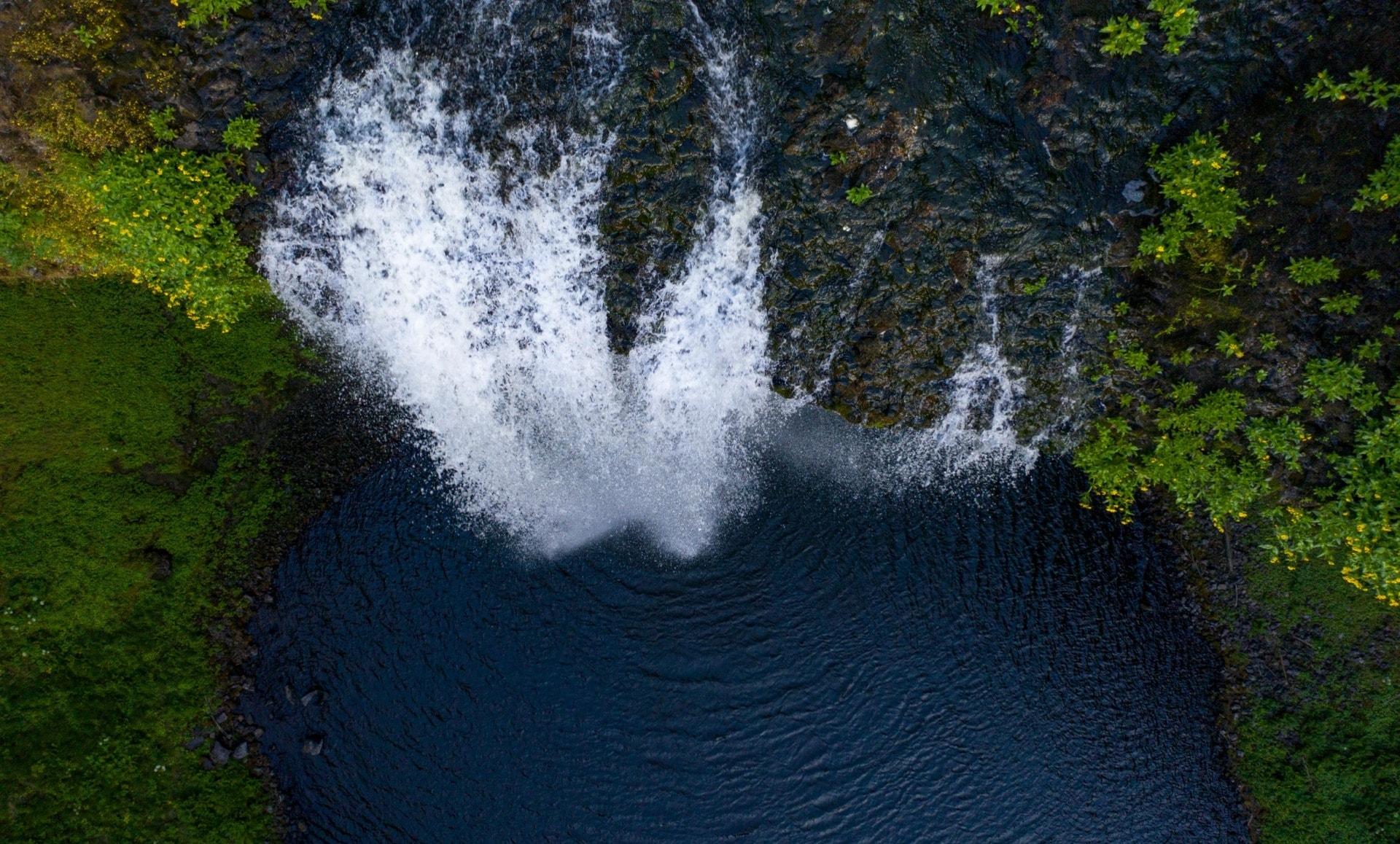Technology evolves at an exponential rate–often at a pace too fast for us to comprehend until we are able to look back at it and reflect on it in the context of history. However, there is some technology that does not evolve at all. This occurs when society no longer prioritizes a technology as each marginal improvement comes at higher costs and yields less. One such technology is the water bottle.
Ever since it replaced the glass bottle in the 1970s, the plastic bottle has seen little change regarding its design and material. The world has fully embraced the plastic bottle in its current form, while remaining tragically unaware of the consequences of rampant plastic bottle usage.

According to the Wall Street Journal, bottled water is America’s preferred beverage, with single-serve bottles accounting for 66% of overall beverages sales. One of the biggest issues with America’s water bottle craze is that most bottles are not made from recycled plastic. Only recently, Danone, the owner of the Evian brand, has promised that its bottles will be made of 100% recycled plastic by 2025.
Furthermore, National Geographic recently reported that 91% of plastic waste is not recycled—the majority of which ends up in landfills and oceans. Scientists predict that eventually there will be more plastic than fish in the oceans.

The awareness of the plastic problem, and the impending environmental crisis that it will beget, has only recently started to grow on people as social media has become a platform for environmental activism. However, few act upon this colossal problem and attempt to solve it.
A startup by the name of Skipping Rocks Lab, has come up with a way to eliminate the plastic bottles and aims to eradicate all packaging waste all together. The company has developed a biodegradable material that it calls “Notpla.” The material is manufactured from brown seaweed and forms an edible pouch that can be either consumed or thrown out after the water inside is squeezed out. The volume of each pouch can range from 20-150 ml, or approximately 1/5th of a water bottle.

Per the company’s website, brown seaweed grows up to one meter a day, making it renewable and easy to harvest. Additionally, unlike plastic bottles, which take up to 450 years to biodegrade, Notpla only takes 4-6 weeks breakdown.
Furthermore, the entire manufacturing process of the seaweed water pouches—called ‘Oohos’—is completely portable. In fact, the company’s business model revolves around leasing their manufacturing machines to event organizers, allowing them to produce the pouches on-site.

Oohos recently made a splash in the news when they were used at the 2019 London Marathon. Last year, over 900,000 thousand plastic bottles were used by over 41,000 runners. This year, thanks to Oohos, the number of plastic bottles was cut down to 700,000.

Importantly, the pouches can hold more than just water, with their uses ranging from holding sauces to holding martinis at festivals. In the future, Skipping Rocks Labs plans on using Notpla in order to replace the plastic in other packing materials including nets for produces, heat sealable films, and even small plastic bags for screws and other hardware.
All things considered, Oohos are not some gimmick that will capture people’s attention for a short-period of time before being dismissed as an unrealistic solution to a critical problem. Rather, Oohos are THE solution to the plastic bottle problem that threatens our natural environments. Costing only two cents to produce and consisting of biodegradable and renewable resources, Oohos are both practical and feasible. It is now the time to embrace this sustainable innovation and reduce the usage of plastic bottles before it is too late.
In the cover photo: Oohos pouch. Photo Credit: Skipping Rocks Labs.
EDITOR’S NOTE: The opinions expressed here by Impakter.com columnists are their own, not those of Impakter.com.














